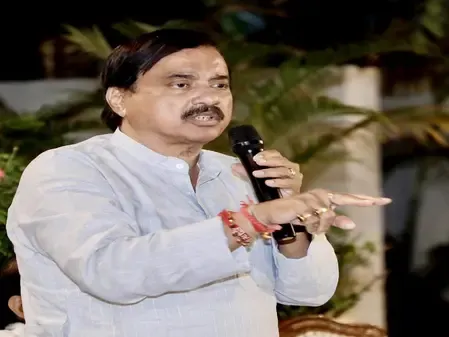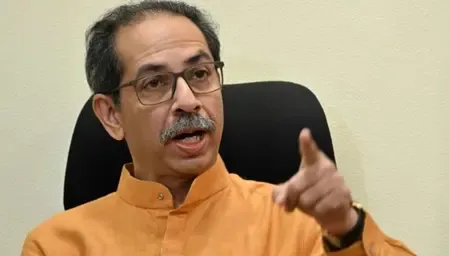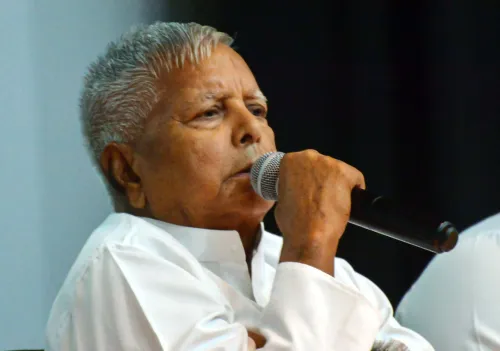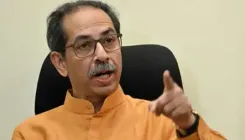How Did Rahul Gandhi Honor Kamaraj's Legacy of Simplicity and Social Reform?
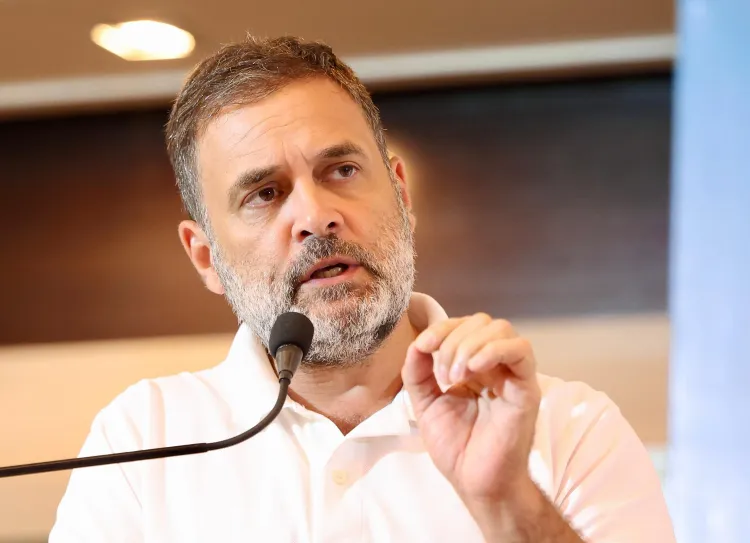
Synopsis
Key Takeaways
- K. Kamaraj was a visionary leader in Tamil Nadu.
- He championed education as a tool for social change.
- His initiatives significantly reduced dropout rates.
- Kamaraj's leadership balanced industrial growth with agricultural support.
- His legacy continues to inspire ethical governance.
Chennai, Oct 2 (NationPress) On the anniversary of the passing of Bharat Ratna K. Kamaraj, Congress leader Rahul Gandhi paid homage to one of India's most esteemed post-independence leaders.
In a message shared on X, Gandhi remarked, 'His humility, integrity, and groundbreaking contributions to education and social justice for the upliftment of the marginalized continue to motivate generations.'
Kamaraj, who held the position of Chief Minister in Tamil Nadu from 1954 to 1963, is revered as the architect behind the modern educational and social welfare systems in the state.
Emerging from modest beginnings, Kamaraj left school early but committed his life to ensuring that no child faced barriers to education due to poverty or distance.
During his tenure, Tamil Nadu saw a dramatic expansion of public education.
Numerous new schools were established, free uniforms were distributed to students, and the mid-day meal initiative was enhanced, which drew children into classrooms and significantly lowered dropout rates.
His conviction that education could shatter the cycle of poverty became a fundamental aspect of the state's development. Kamaraj's vision extended beyond education; he advocated for industrial progress while supporting agriculture, enabling Tamil Nadu to sustain economic stability.
Renowned for his clean politics and remarkable personal integrity, he led a simple life, often traveling without fanfare and eschewing luxuries.
His reputation for honesty earned him respect across political divides.
Beyond Tamil Nadu, Kamaraj was pivotal in shaping India's political landscape. Serving as president of the Indian National Congress, he played a key role in steering the party through a critical transition period following the deaths of Jawaharlal Nehru and Lal Bahadur Shastri.
His capacity to mediate conflicts and prioritize national interest over individual ambition earned him the moniker of 'Kingmaker' in Indian politics.
More than fifty years after his demise, Kamaraj's impact is profoundly felt. His belief that governance should serve the most vulnerable continues to resonate deeply.
Rahul Gandhi's tribute serves as a poignant reminder that Kamaraj's legacy is not merely historical; it stands as a living guide to ethical and people-centered leadership that remains crucial for India's future.


